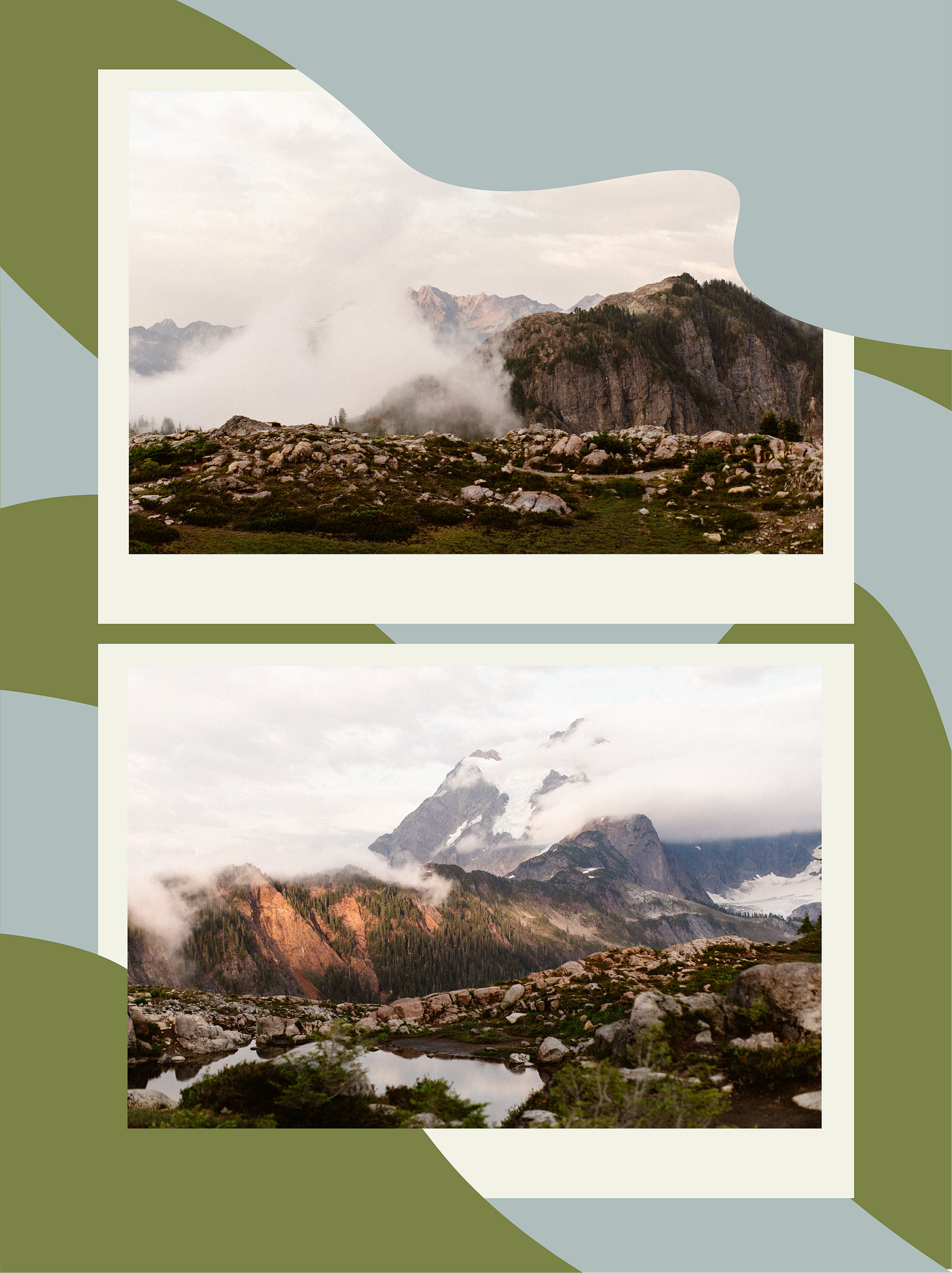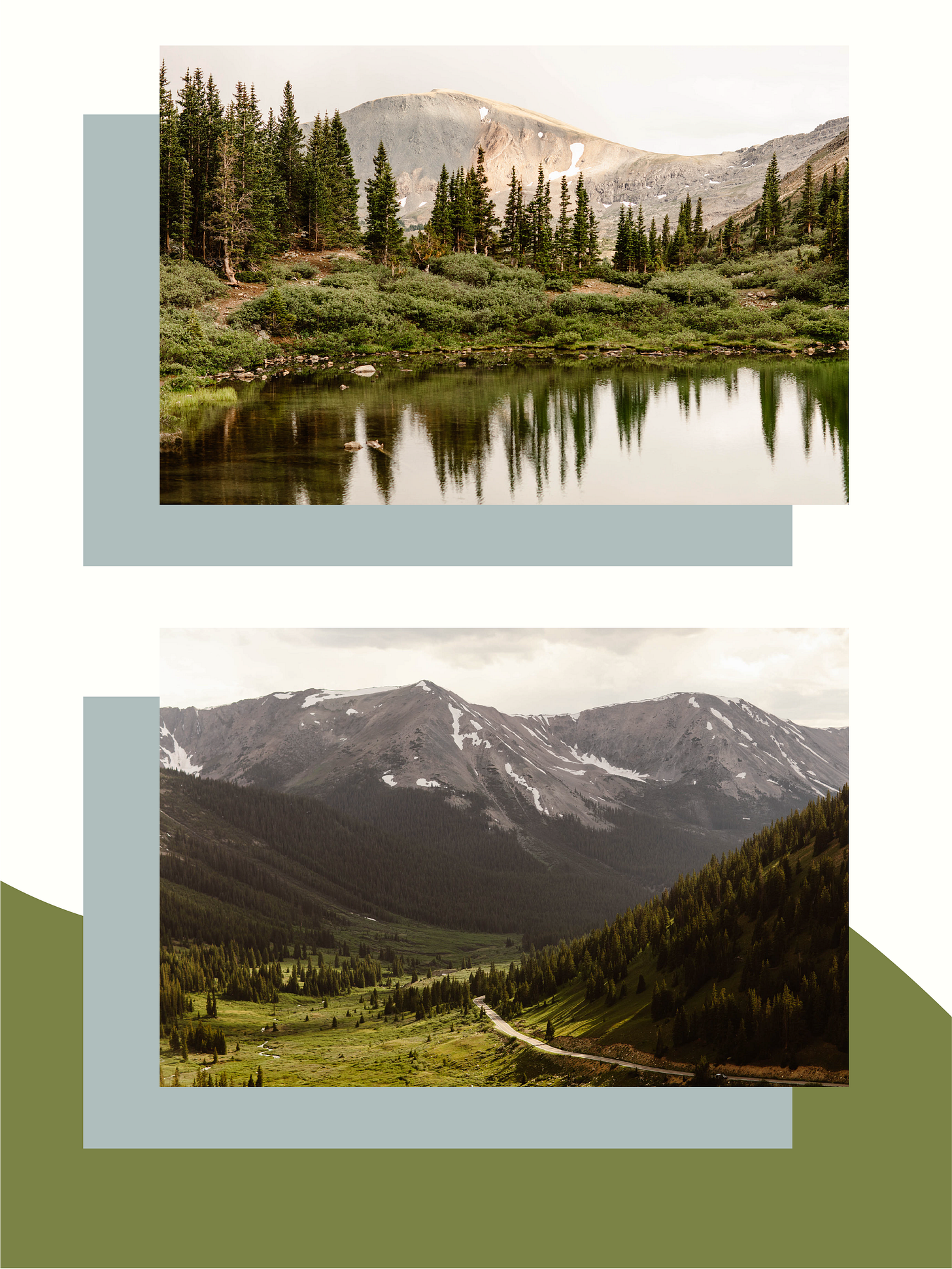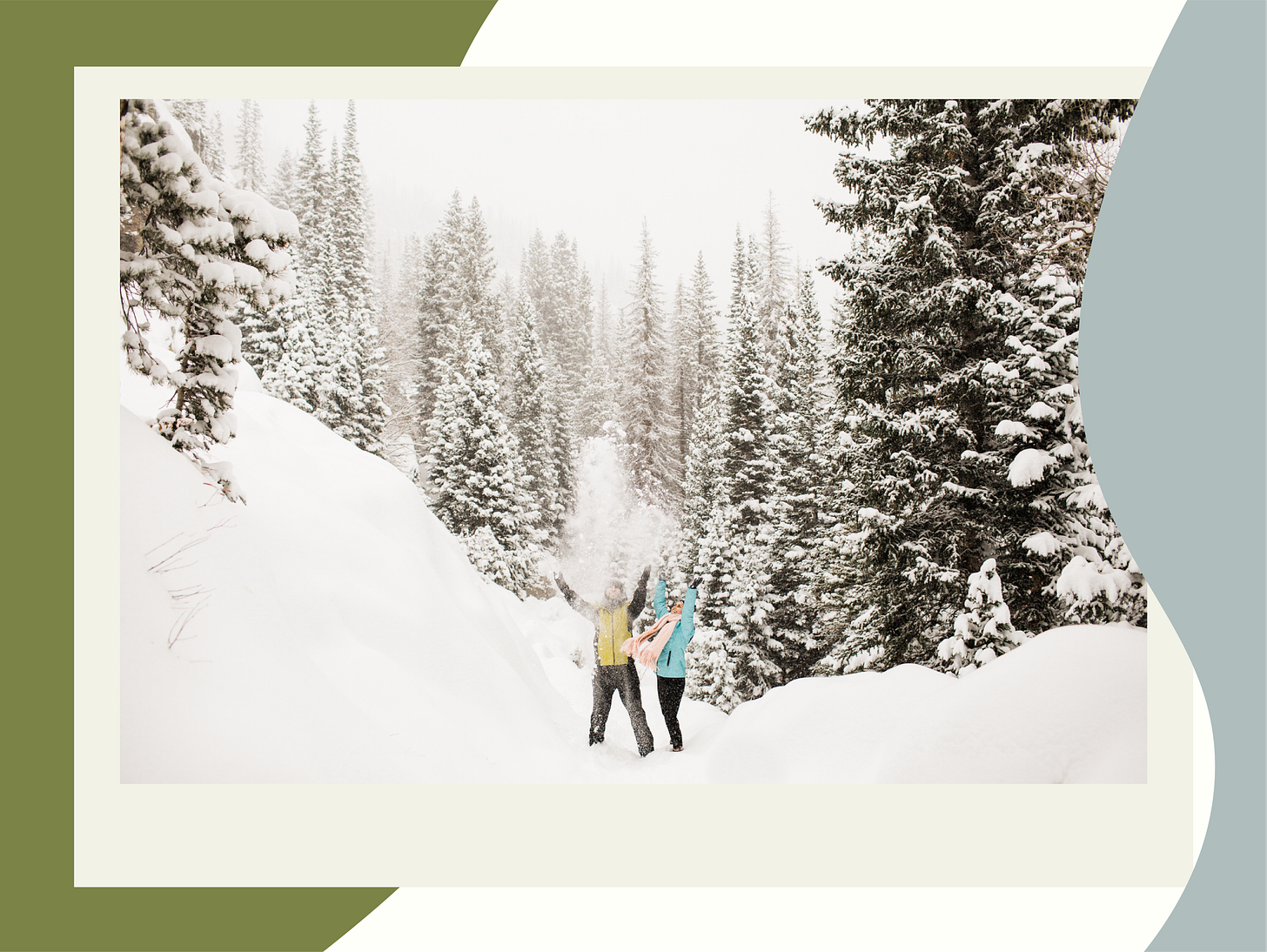5 Things I Wish Someone Told Me When I Started Hiking
New To Hiking? This Is My Best Advice.
Ahhh, if I could go back in time and give my newbie hiker self a few key tips. Can we all just admit that the internet is too full of not-so-helpful advice and some really questionable, sub-par search results (Google, you okay there buddy?).
Honestly, it’s all a bit of a pain to sift though, so I figured, hey, why not break up my best hiking advice into little chunks I can send out to all of you in bits and pieces?
Collect them as you begin your hiking journey and in no time, you’ll feel a lot less terrified and a lot more informed.
The reality is, there’s no shortage of hiking advice out there.
Some of it is awesome, but a lot (dare I say, too much?) of it is written by big publications writing crazy long and meaningless “listicles” with the intent to drive massive advertising revenue by keeping you on their webpages as long as possible. No thanks.
And I’ve been around the hiking block a time or two, and have gleaned a few insights in the process. So why not share the love? Let’s get into it.
1. Don’t Let The Length Of A Hike Fool You
Would you believe me if I told you some of the shortest hikes I’ve done are also some of the most challenging?
Take, for example, many of the mountain hikes here in Colorado. Lots of them start at elevations higher than 9,000 ft above sea level. The air is thin and there is a lot less oxygen. You will get out of breath faster, and it’ll certainly feel harder.
I’ve taken people who’ve traveled from sea level to hikes at 12,000 ft in elevation. Super short treks with virtually no elevation gain. On paper, you’d think they were easy.
And even after those hikers had spent the recommended 1-3 days getting acclimated to the altitude they were still huffing and puffing. It’s normal, and nothing to be ashamed of.
Elevation can and will make things more challenging. Don’t beat yourself up over it, please.
If you only look at mileage, you’re getting a fraction of the picture of a hike. There are several other factors to consider, including:
starting elevation of the hike (higher elevation = harder hike, all else equal),
hike elevation gain (this is probably the most critical metric in my book), and
the terrain on the trail (there’s nothing quite like treacherous water crossings and loose, slippery rocks to add an extra layer of challenge).
2. Never Underestimate Or Overlook Headaches And Nausea
Headaches and nausea while hiking might sound harmless, but if you’re hiking at higher altitudes, you could be experiencing altitude sickness.
Unaddressed altitude sickness has the potential to become life threatening, which is why it can be crucial that you descend to a lower elevation if your symptoms persist or worsen.
No hike, no matter how beautiful, is worth risking your life.
There are a few things you can do to lessen the likelihood of getting altitude sickness:
Don’t rush your hike. Take elevation gain slowly. The slower you go, the more time your body has to adjust.
Give yourself 1-3 days (I typically aim for 48 hours) to acclimate to a higher elevation town before starting a hike at that elevation.
Pro Tip: Stay hydrated. It can be quite challenging knowing if your headache is due to dehydration or altitude sickness. If you’re hydrated, it becomes easier to determine the root cause.
It’s always a good idea to check with your personal doctor about your specific health situation before tackling a new hike, particularly those at altitude. This stuff is no joke.
3. Don’t Knock A Sunrise Hike Till You Try It
Look, I know you’re probably thinking getting up before the sun rises to hike up a mountain in the dark sounds like a suffer-fest.
But what if I told you it’s quite possibly one of the best experiences you could have?
Imagine the excitement of navigating your way through alpine terrain while the rest of the world is quiet. It’s a chance to truly be alone with your thoughts.
Imagine the awe of getting to see the sun rise above the mountains at the summit, no other souls in sight (yes, even on typically crowded trails).
Imagine being one of the only people making their way back down to the trailhead while hoards of late-morning hikers are just getting started, the heat of the sun beating down on their heads in full force, while they struggle to find a free parking spot in the jam-packed lot.
To be frank, I’ve never met a sunrise hike I didn’t like. Call me dramatic, but you’ll rarely find me starting a trek midday. I’ve been spoiled by hiking at dawn, and I’ll never go back.
Note: When hiking at dawn or dusk, you do want to acknowledge that this is the peak of bear activity. Come prepared by hiking with others and making plenty of noise. You’ll also want some bear spray handy.
4. Don’t Keep Your Hiking Itinerary A Secret
If there’s one piece of advice I could give any hikers, no matter their experience level, it’s this: tell someone where you’re hiking and when you plan to get back.
When you’re out in nature, anything can go wrong, and we have to prepare ourselves for those worst case scenarios.
When someone knows where you are or when to expect you, they can call for help if you’re not on your expected schedule.
When hiking in the wilderness, where you’re at the whim of the elements, this genuinely can be the difference between life and death.
Pro Tip: I personally recommend sharing your phone’s location with a friend or family member whenever you go on a hike. Once you lose service, they won’t be able to track you, but it’ll show your last location where you did have service.
Or do one better and bring a Garmin device, which I chat all about in my guide to essential hiking safety gear.
5. It’s Absolutely Ok To Turn Around
You know what’ll truly foster a love for hiking? Making it fun. Please don’t drive yourself nuts trying to complete a hike just for the sake of saying you did it, especially if you feel uncomfortable or unsafe.
Not every hike will be easy or straightforward to finish, and it’s okay to only do part of it and work toward completing it another time. Better to start a hike and leave it incomplete than to never try at all.
I know a lot of the hike-tracking tools and apps will have you share your accomplishments publicly, but can we honestly just forget about them for a sec and remember what hiking is really about?
Getting outside and truly enjoying the outdoors is the point. There are tons of ways to get a good workout, but when we hike, we get so much more than that.
We get a peek into epic landscapes.
We let our skin soak up the warmth and mood-boosting effects of the sun.
We get to breathe in the intoxicating mountain air.
And we get moments of true self-reflection that aren’t always possible in our fast-paced modern world.
Genuine question: when was the last time you ever judged or even thought about the length or the difficulty of the hike a friend went on? Probably not often, right?
So let that be the freedom you need to stop worrying what anyone else thinks of your hiking credentials.
Everyone is in their own world. Enjoy yours. And enjoy your dang hike, even if that means not completing the whole thing. No one’s watching. Promise.
In Case You Missed It…
Last week, I dove into my secrets to planning an epic outdoorsy road trip. Because let’s be honest, good hikes and excellent road trips go together like dipping french fries in soft serve ice cream (if you know, you know).








Good stuff, Sheena! I'm preparing for some back country hikes this summer. I have been working out (mountain-biking) to get in shape, which I am. My main concerns now, are: 1) altitude (thinner air), and 2) carrying a pack. I live at 700 ft MSL. My bike rides take me from 550 to 800. The terrain I plan on hiking is 5000 to 9000-ish. I lived most of my life @ 2500-2700, with trips often to 8000, 9000, sometimes 10,000, and peaking out at 12,665 (I'll let you guess the Mountain). The only time I actually ever 'felt' altitude was, when, after living at 500 for a year, we drove up to a trailhead @ 10,000 (highest trailhead in the Sierra Nevada). We planned to camp at the trailhead for a day to acclimatize. I was stunned that the walk on level ground from car to campsite was so exhausting. But, after a few hours, I was good to go ... (and we did!). I would say the most unexpected condition I ever ran into was a trail in the Sierras ... the trail was on the map, but the terrain was basically sand. Exhausting walking on sand. Oh, of course, if you hike off trail, there can be all kinds of surprises.